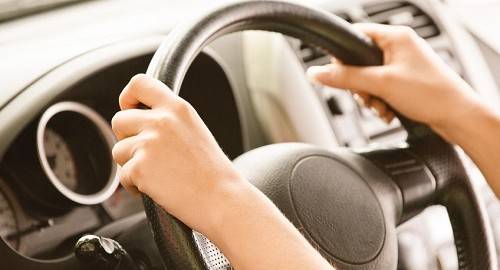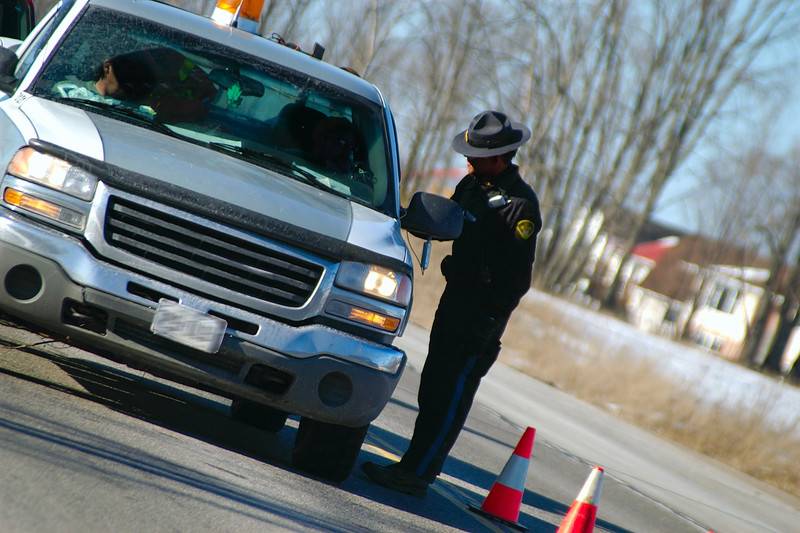Wet and Dry Reckless Driving
California is not playing games when it comes to drunk driving. A law enacted earlier this year substantially increases the penalties for a third DUI conviction, including a three-year revocation of driving privileges. Losing the right to drive, and potentially spending time behind bars, can severely damage a person’s ability to earn a living and carry out everyday activities. For this reason, Los Angeles DUI attorneys will often try to negotiate or plea down a charge to a lesser offense, such as dry or wet reckless driving.
One of the most troubling aspects of a DUI conviction is that it is priorable. This means that if a person has another conviction within ten years it will count as a second offense, and accordingly will be punished more severely. Wet reckless became an option in 1982, and was designed to help prosecutors get convictions in cases that were borderline. If, for instance, a defendant was taken into custody and his blood alcohol level tested at .07, he is .01 away from being legally drunk. In these cases, the prosecutor may offer a “wet reckless” to the accused to resolve the case.
A DUI attorney may suggest a defendant take such a plea if the evidence suggests it is his best option. The defendant pleads nolo contendere, which in essence means “I do not wish to contend.” He is still receiving a conviction, but the penalties are generally much less severe than those for a DUI. On first offense a wet reckless can carry up to 90 days in jail, and 1-2 years of probation. By contrast, a first offense DUI can result in up to 5 years of probation and a mandatory 6 month license suspension.
Wet reckless is still considered a DUI conviction by insurance companies. Moreover, if an individual is arrested again within ten years for drunk driving, it is considered a priorable offense. For this reason, it can be more beneficial for a defendant to accept a wet reckless plea bargain on a second DUI arrest.
The major distinction between wet and dry reckless is that the latter is not priorable. However, while this certainly makes it a more attractive option for a defendant, prosecutors are often hesitant to offer it. Most often a dry reckless will be put on the table when the people’s case possesses considerable flaws or the blood alcohol level was just below .08.
Insurance companies are generally reluctant to continue covering individuals who have DUI convictions. A dry reckless does not generate a DUI conviction on one’s record, and is less likely to result in loss of insurance or substantially increased premiums.
Receiving a drunk-driving conviction can seriously impede your ability to work. It may also place you behind bars. If you are charged with drunk driving it is imperative that you hire a strong Los Angeles DUI attorney. We at the Law Offices of Wallin & Klarich have over 30 years of experience helping individuals like you. Call us today at (877) 4-NO-JAIL or (877) 466-5245.



